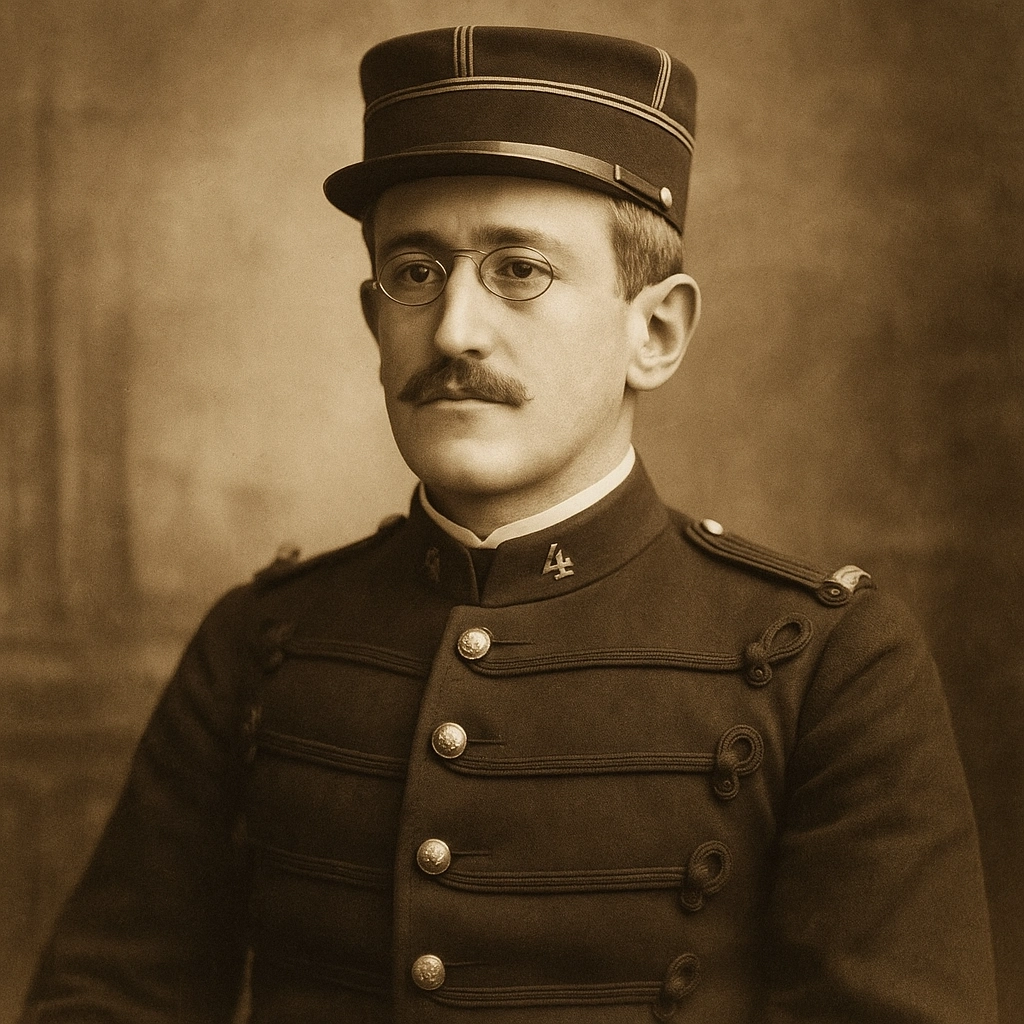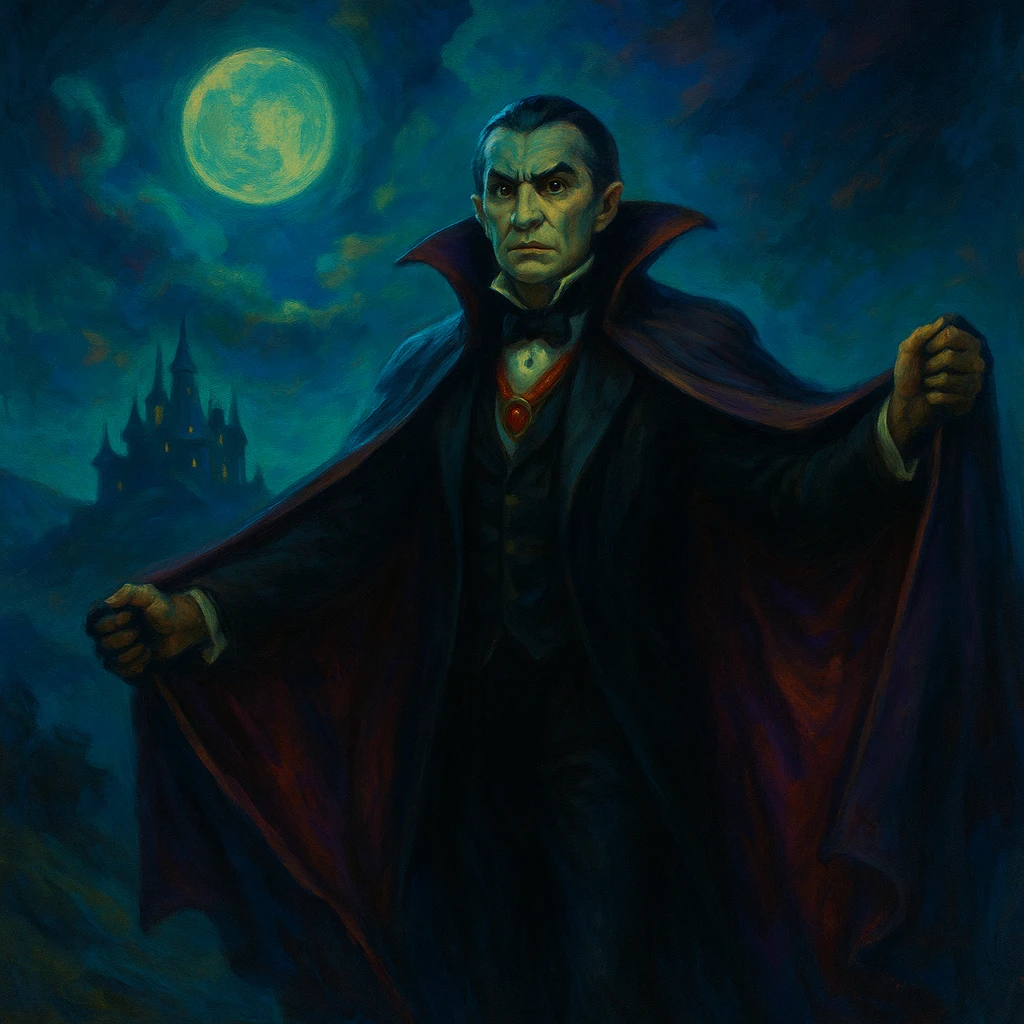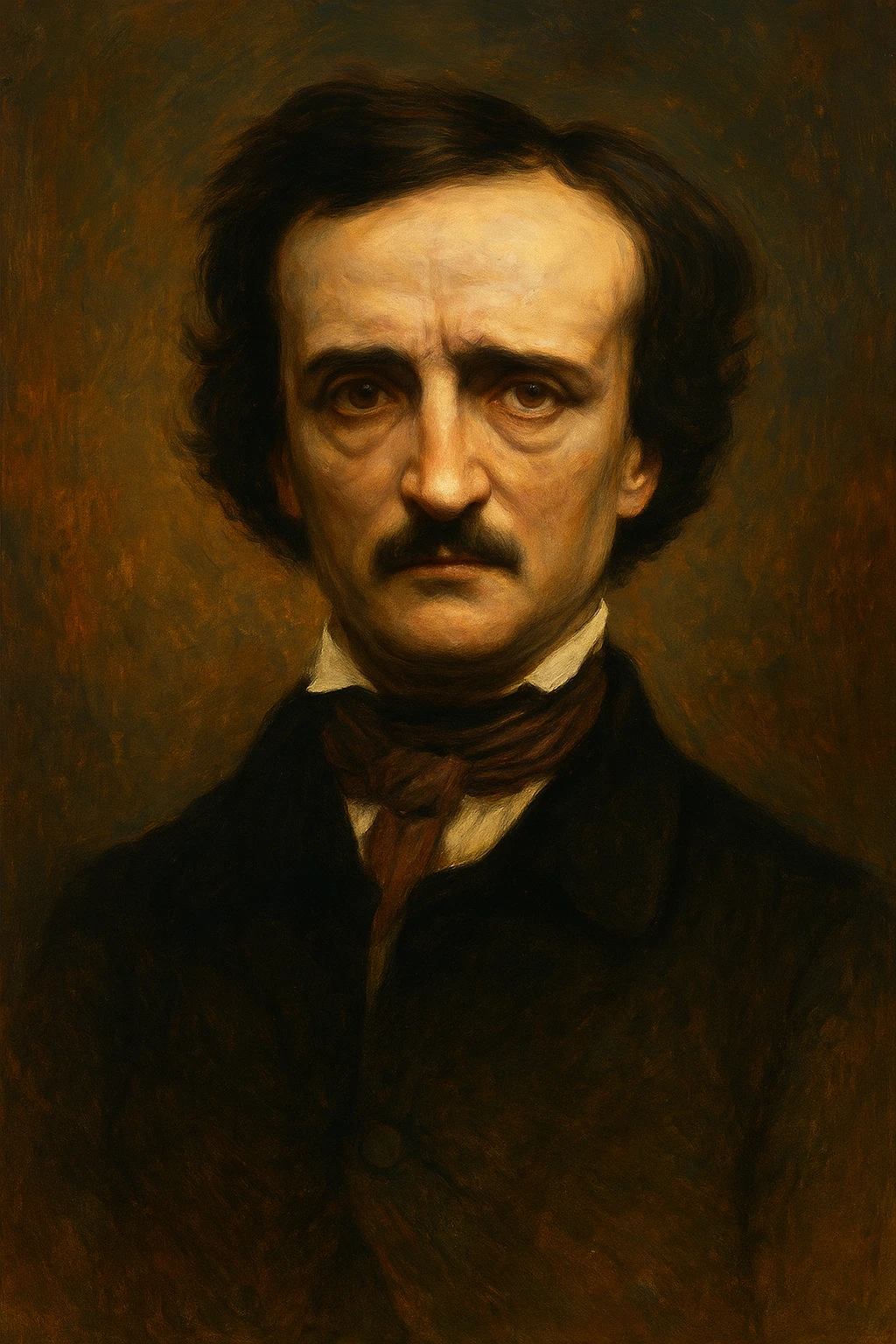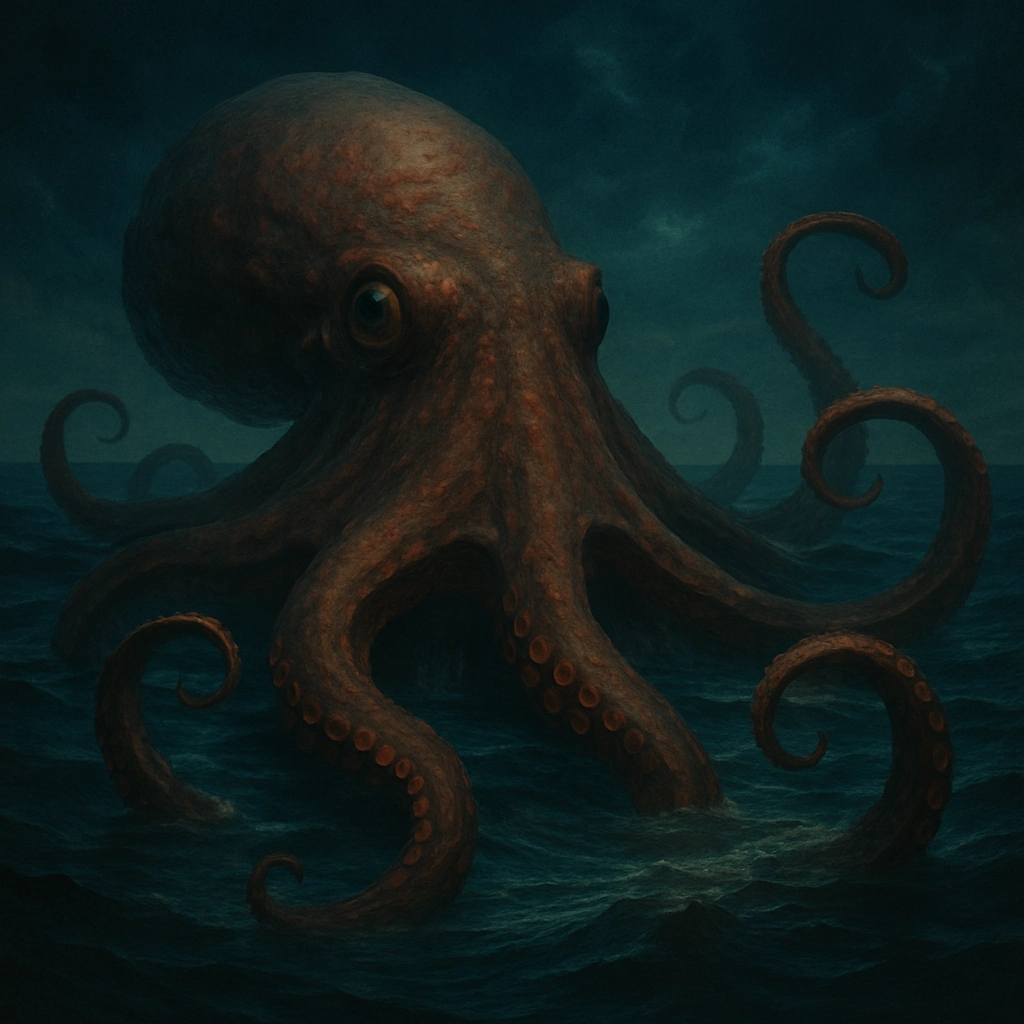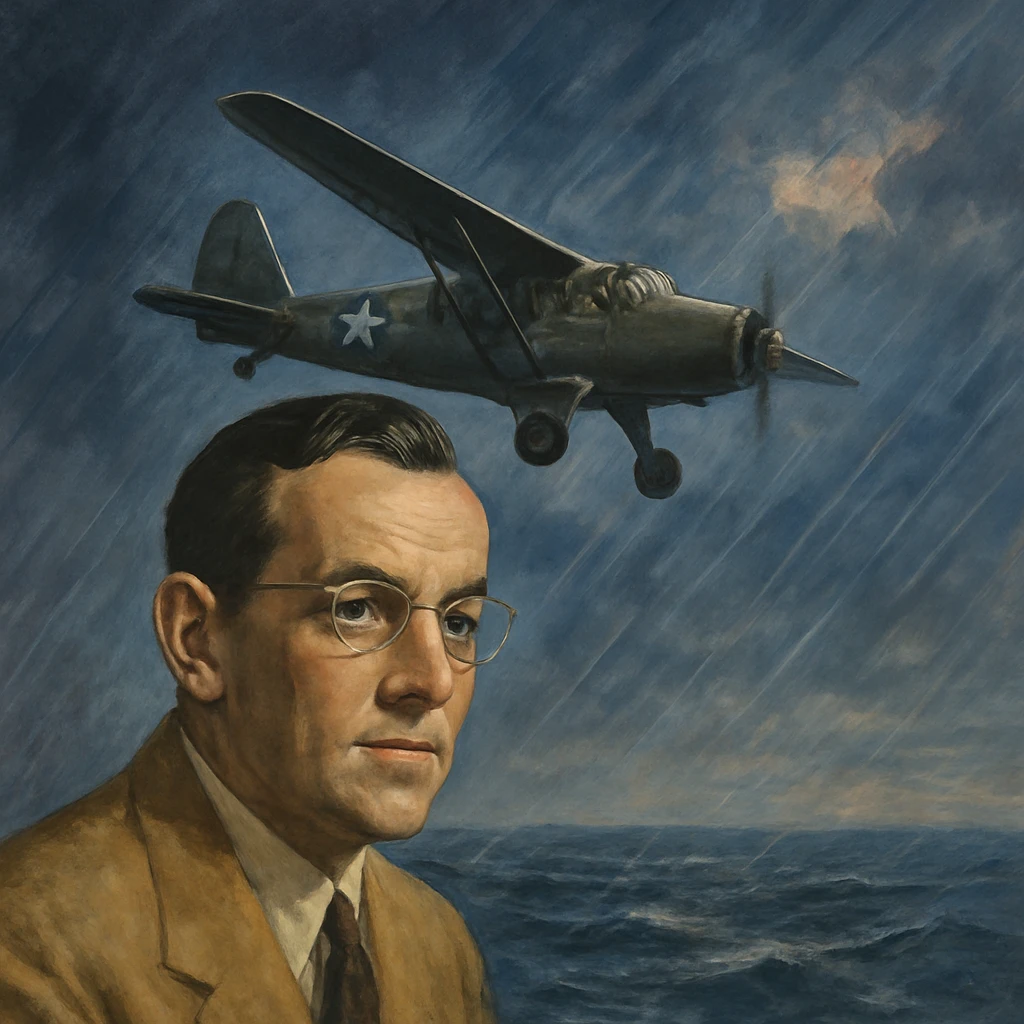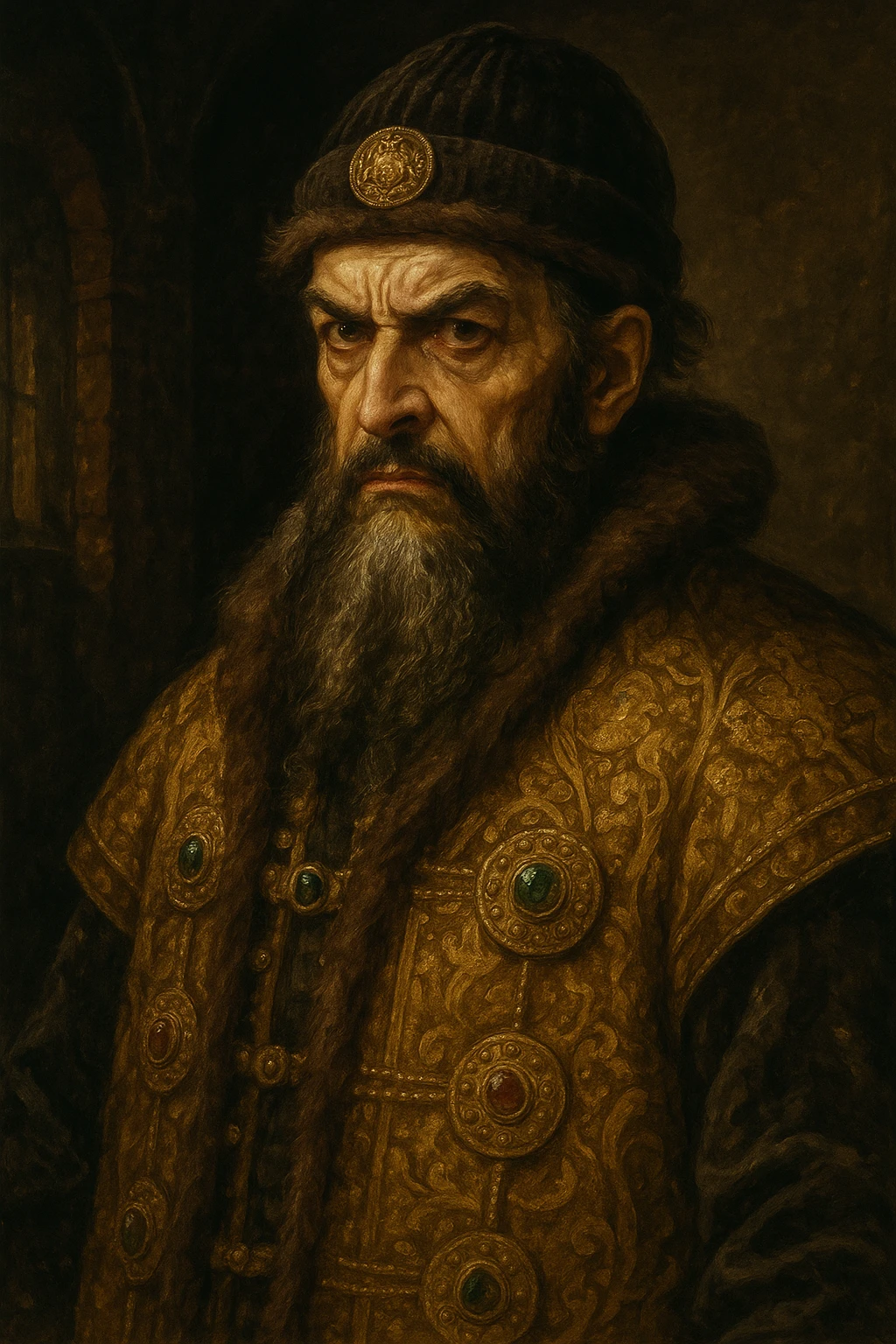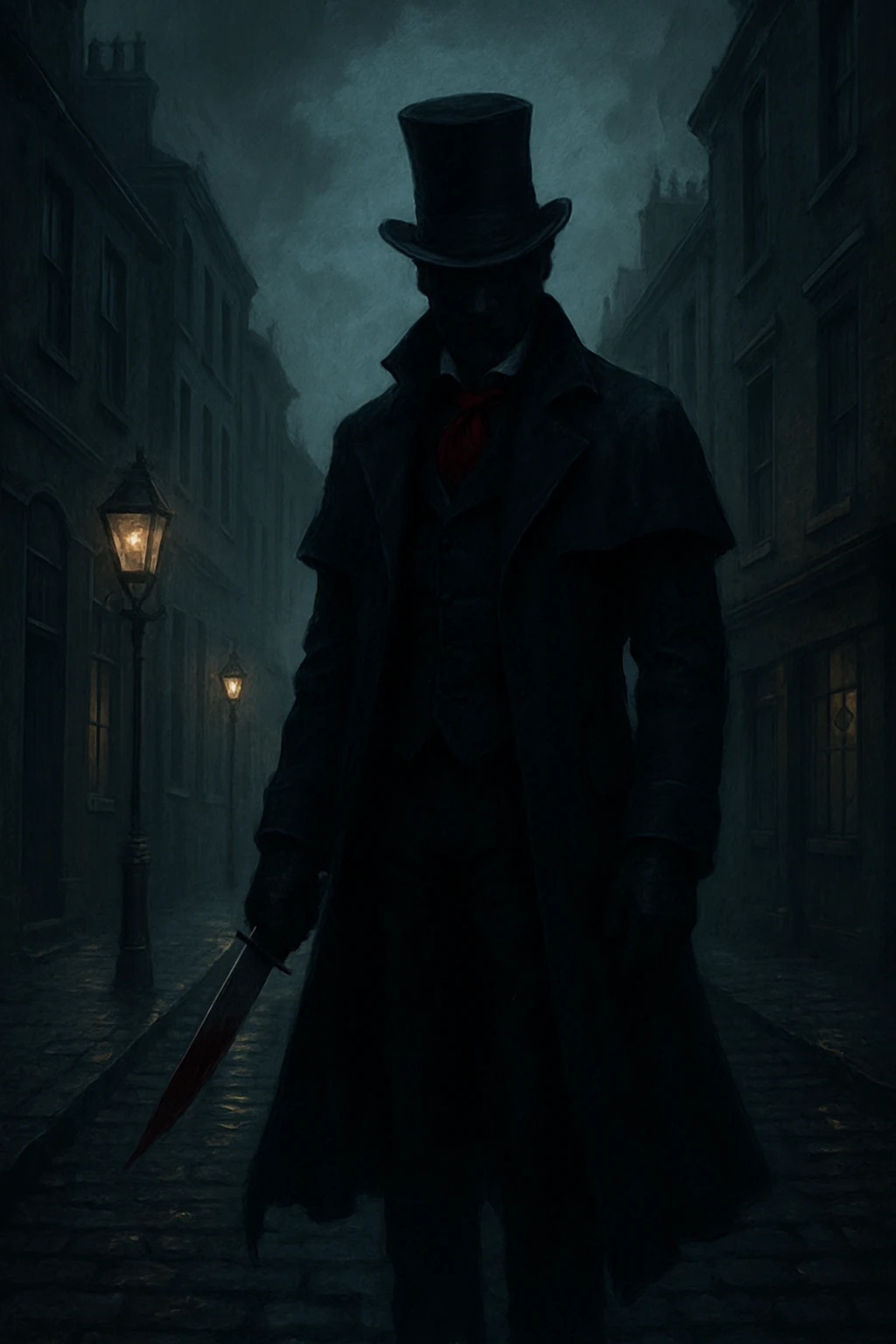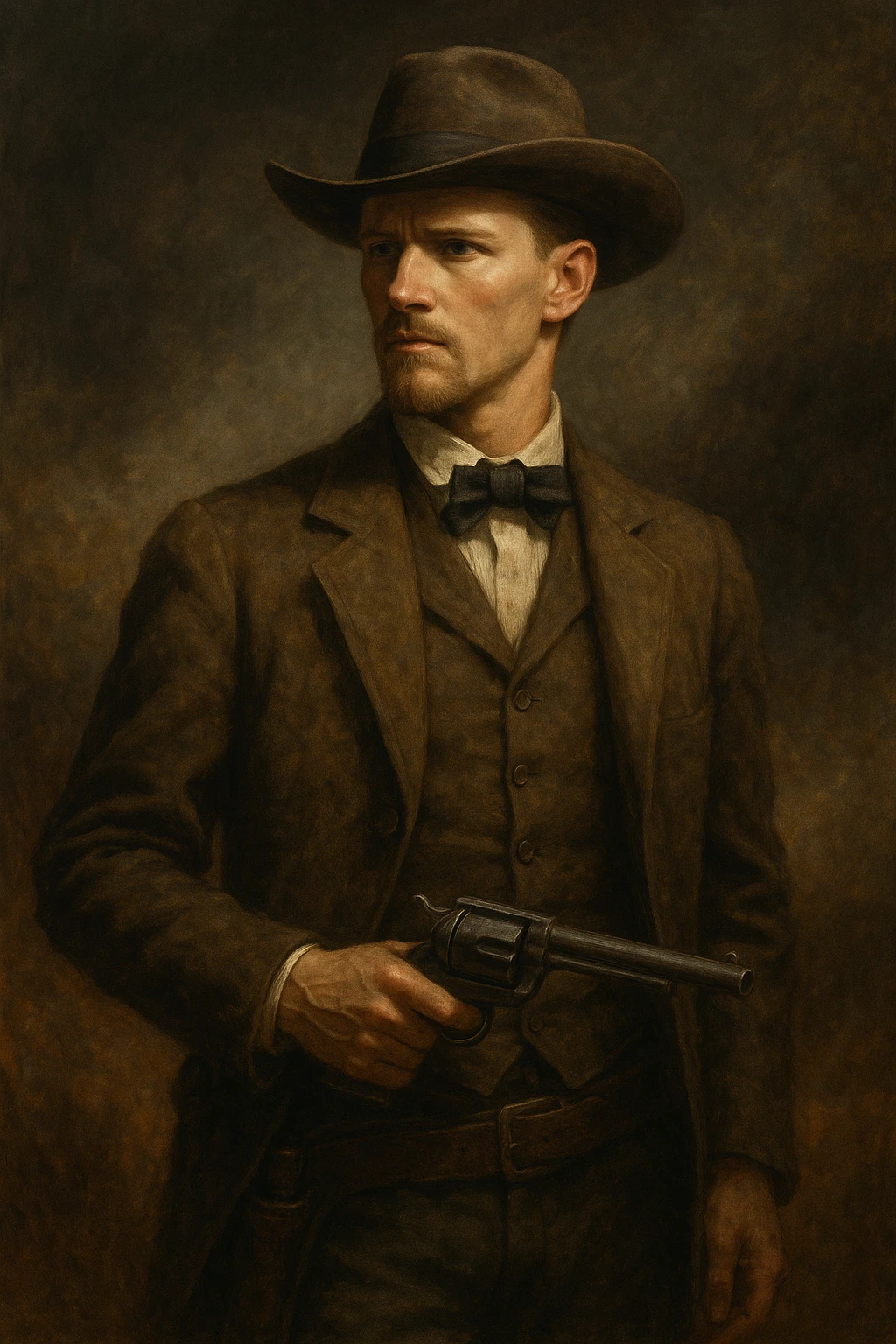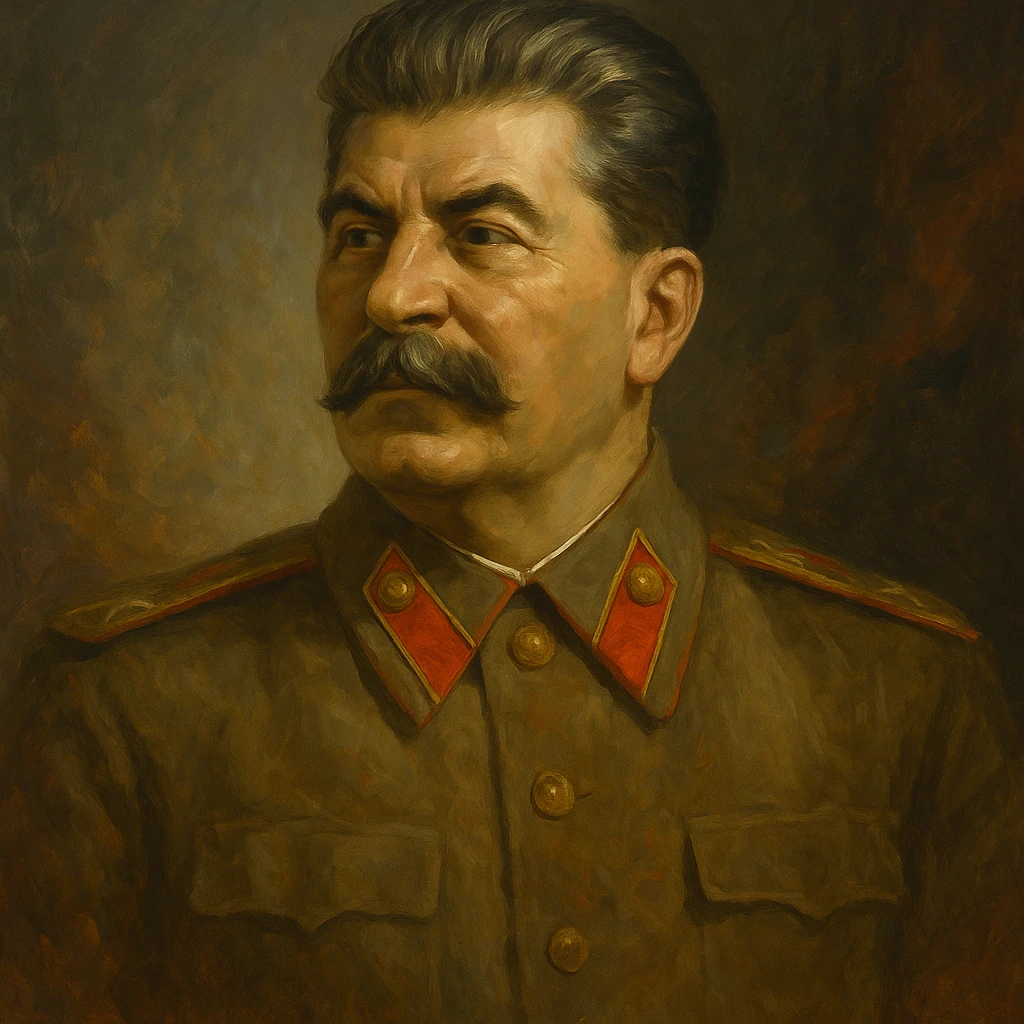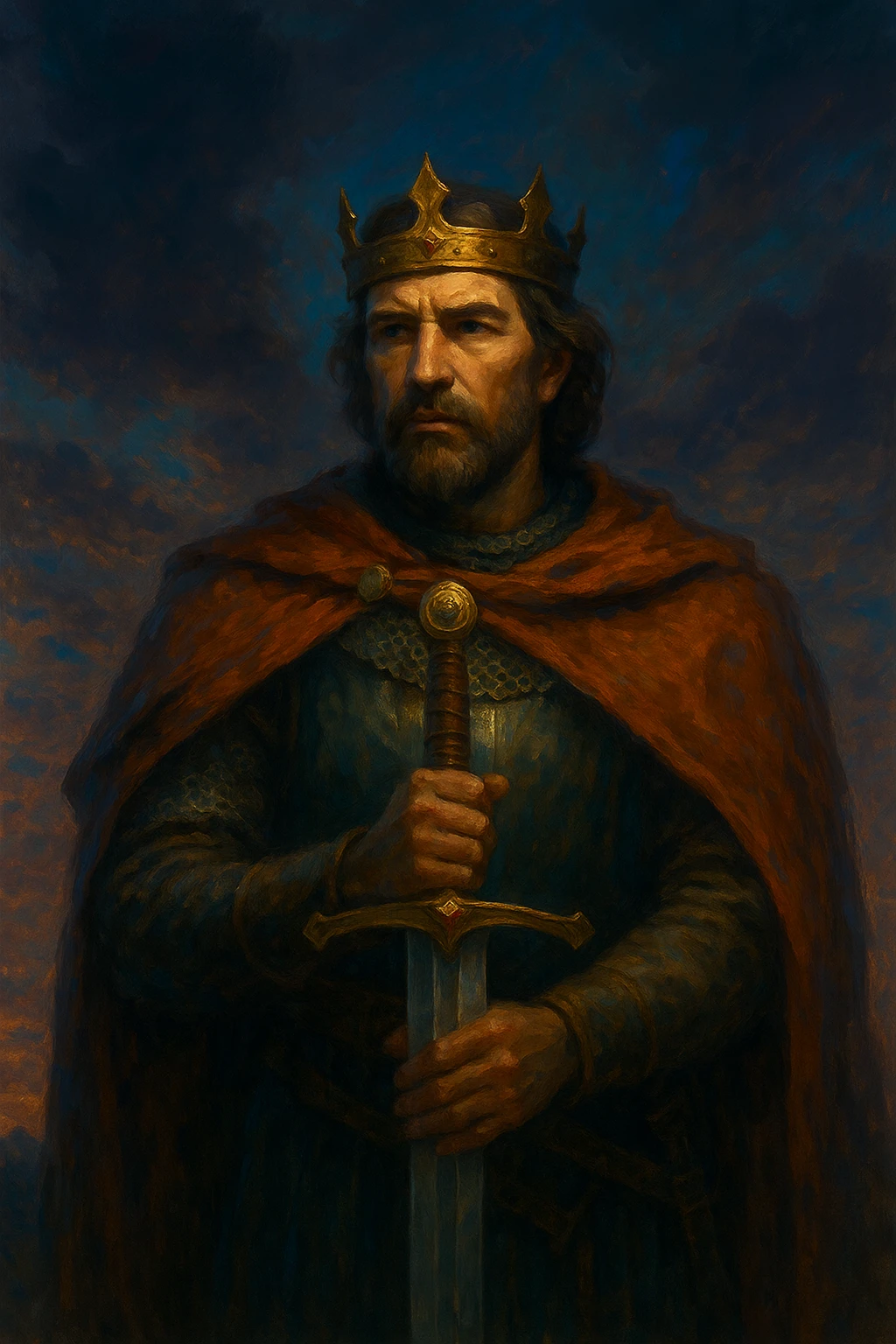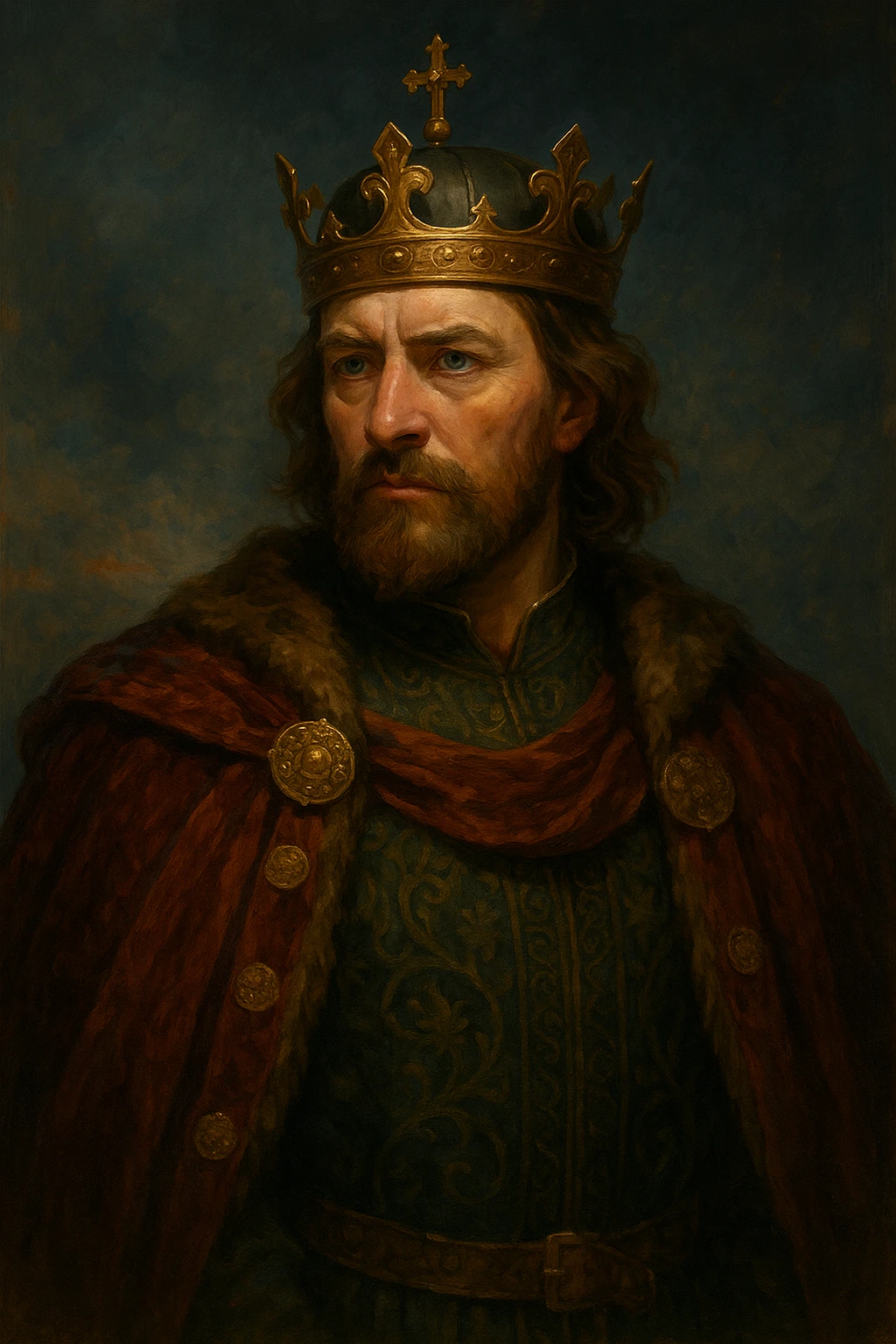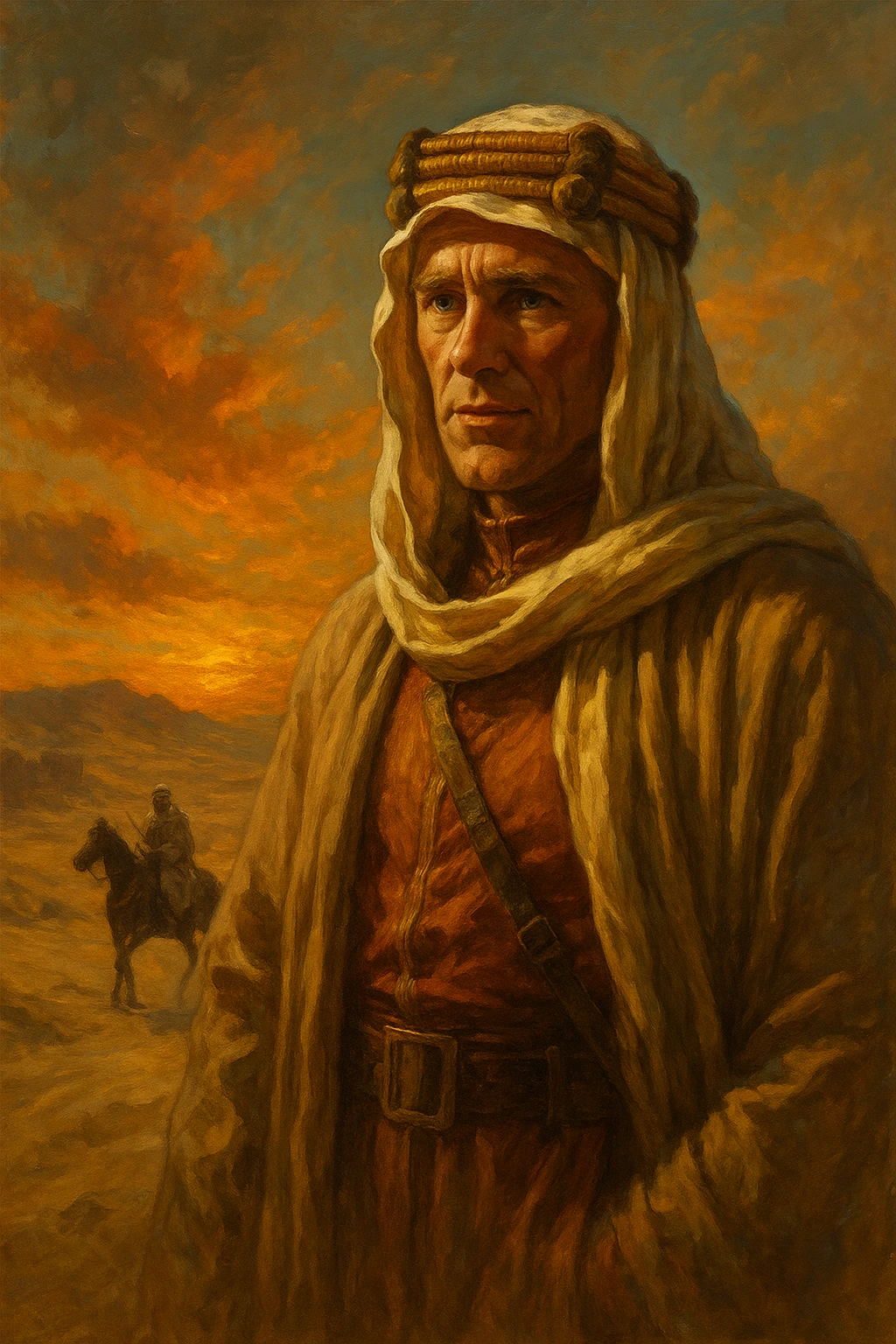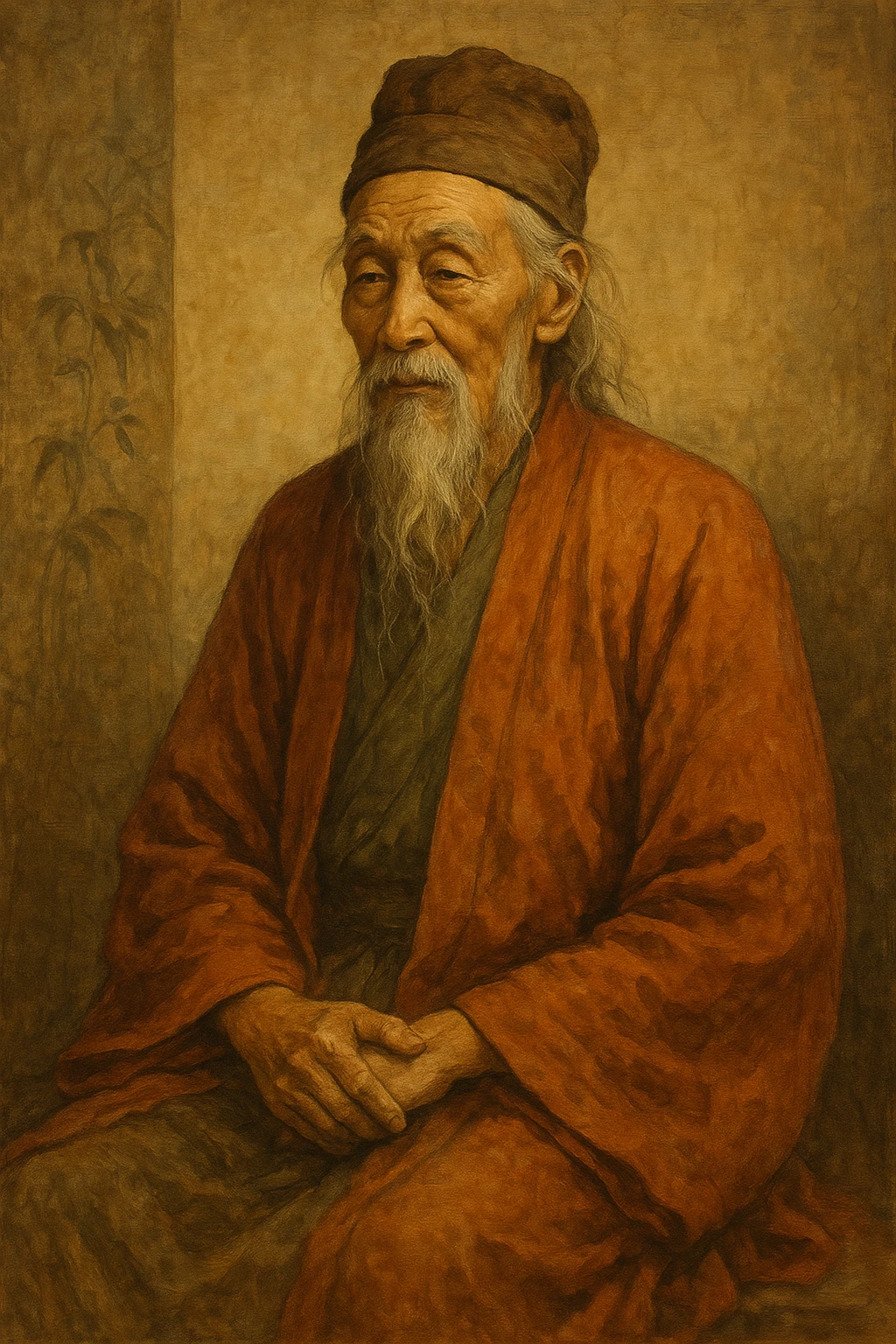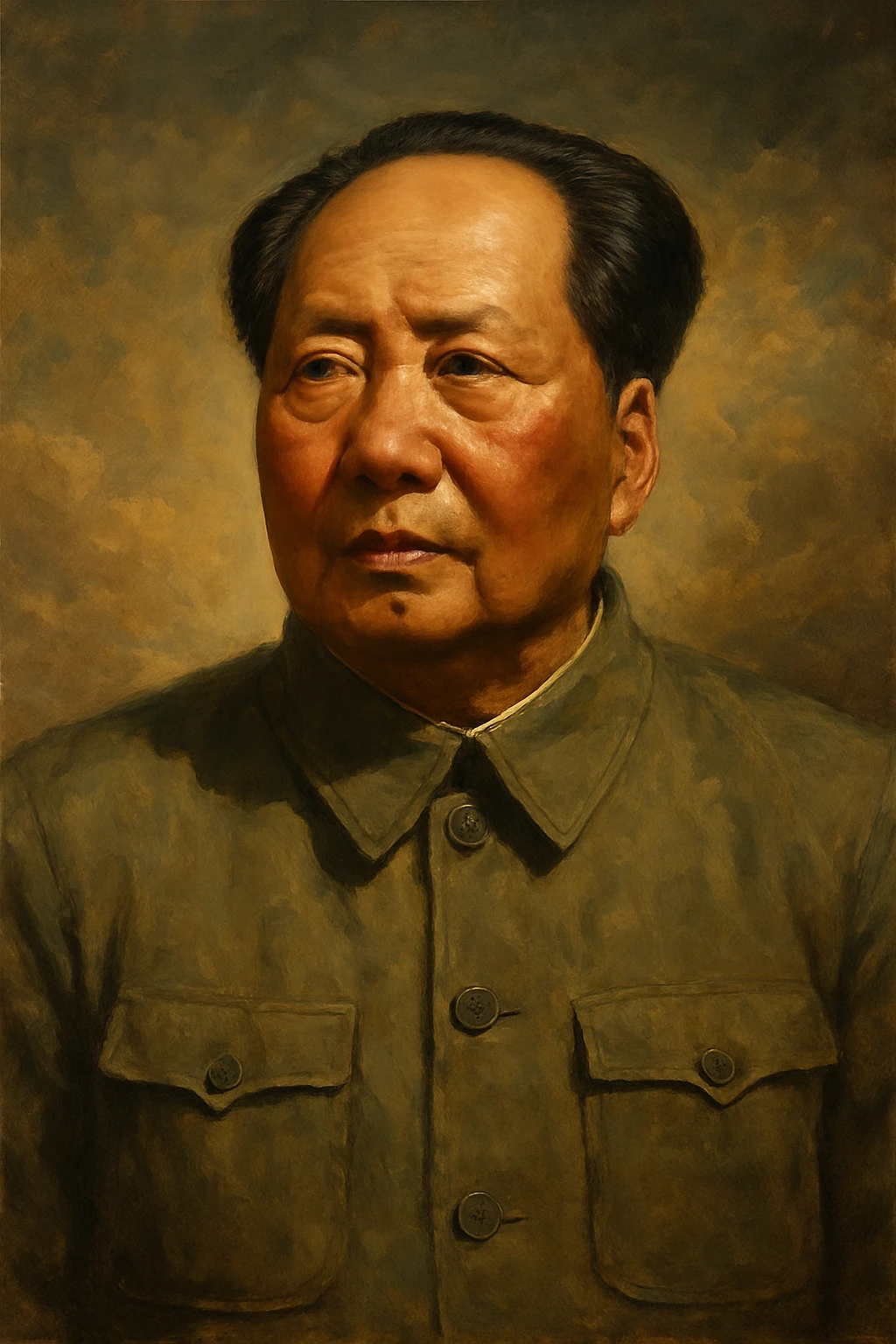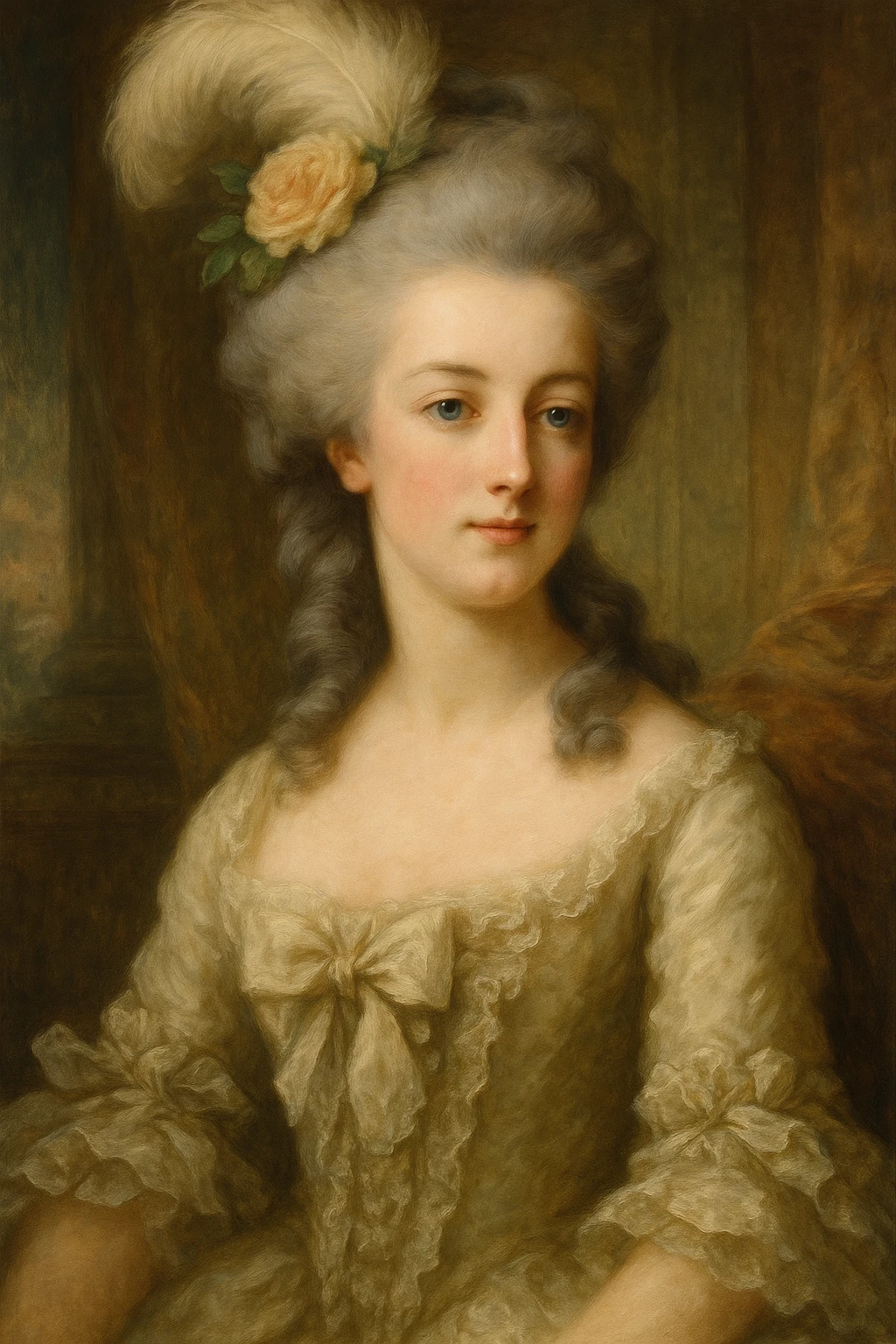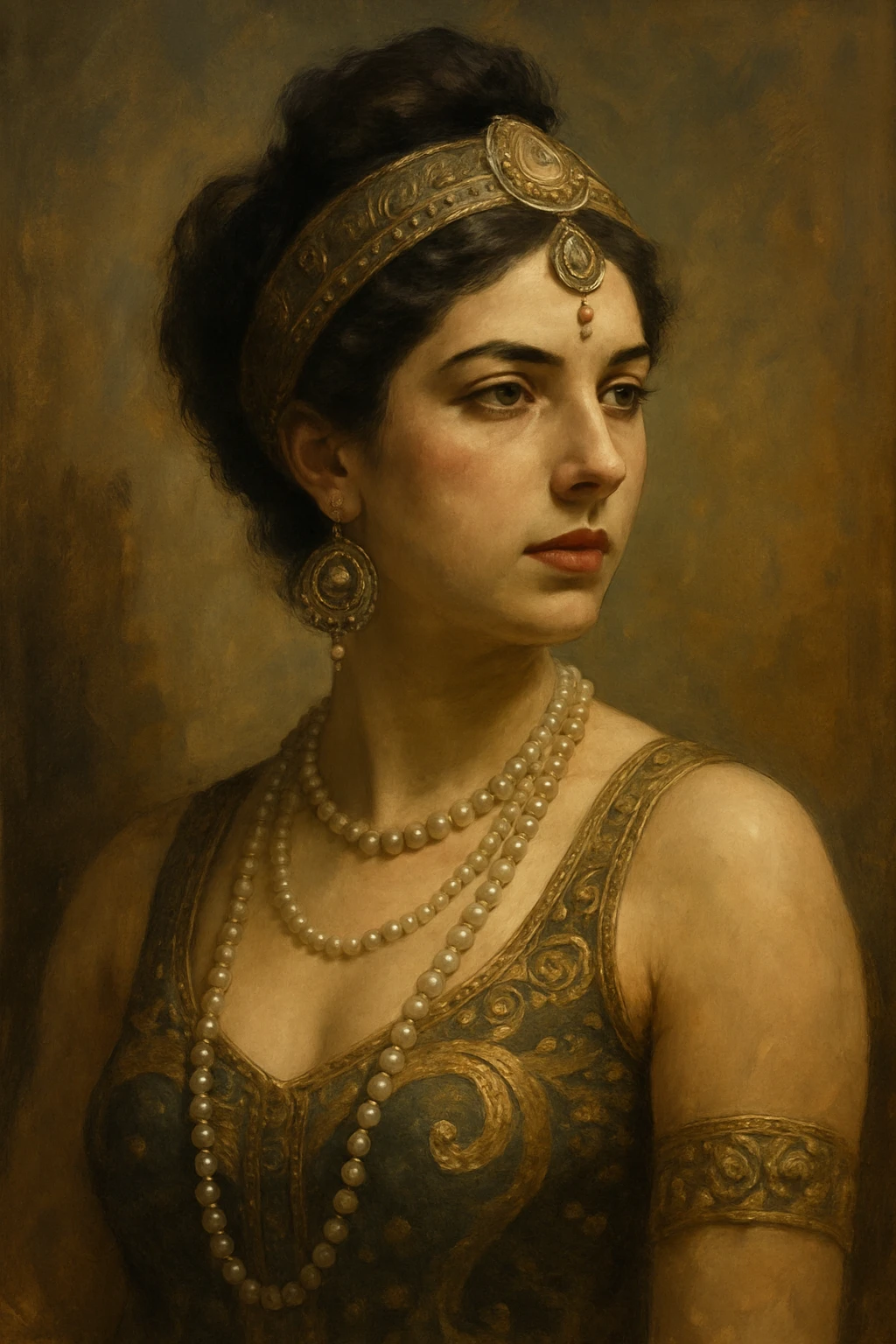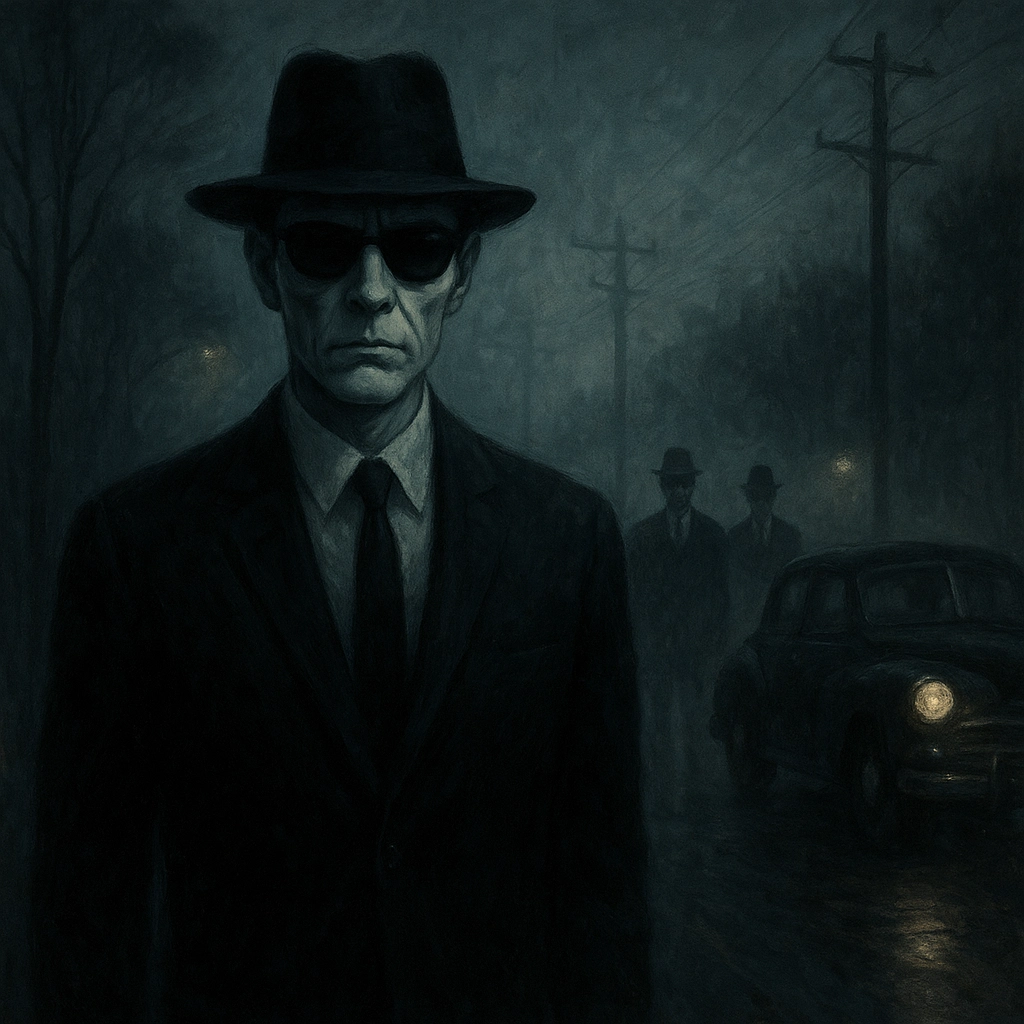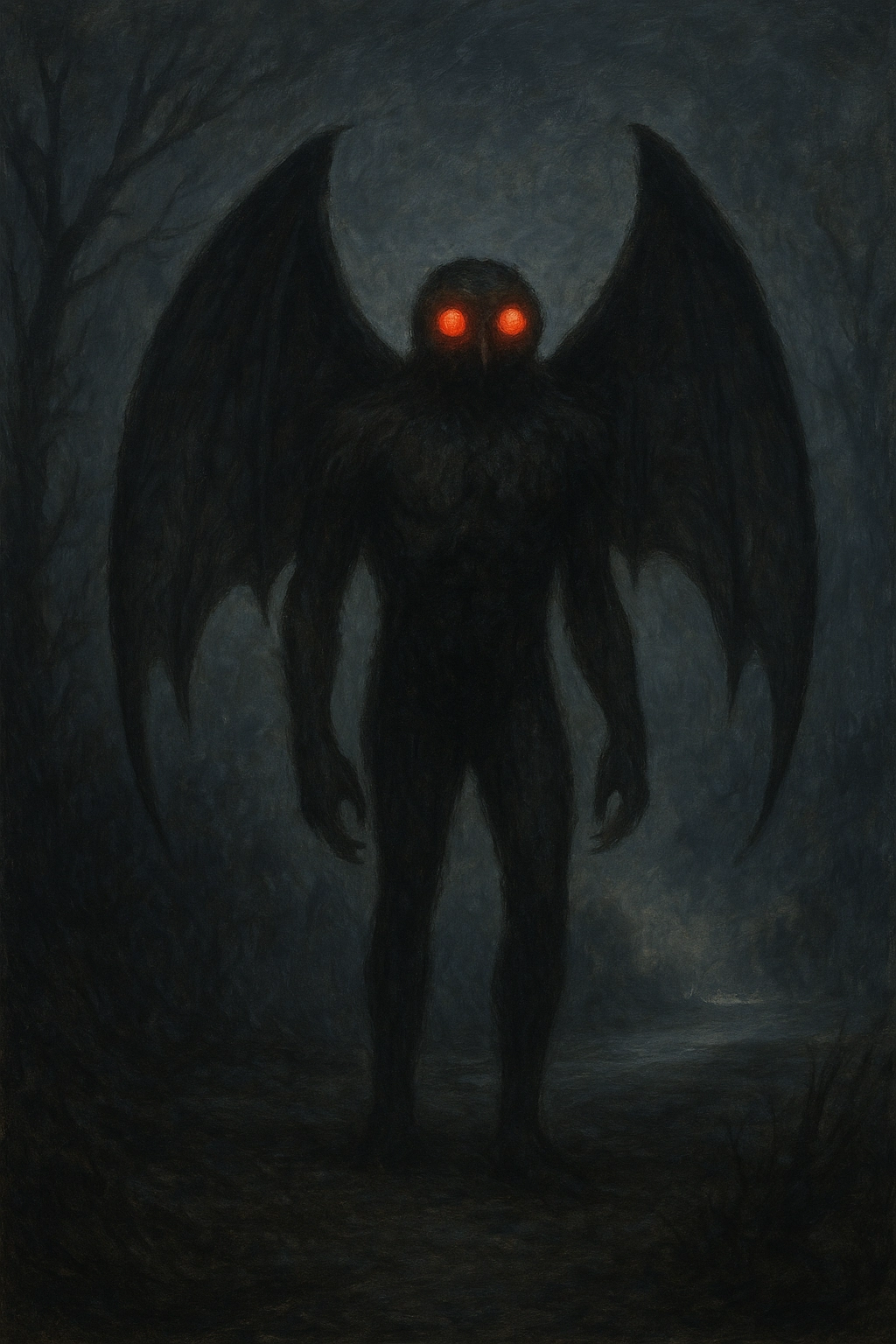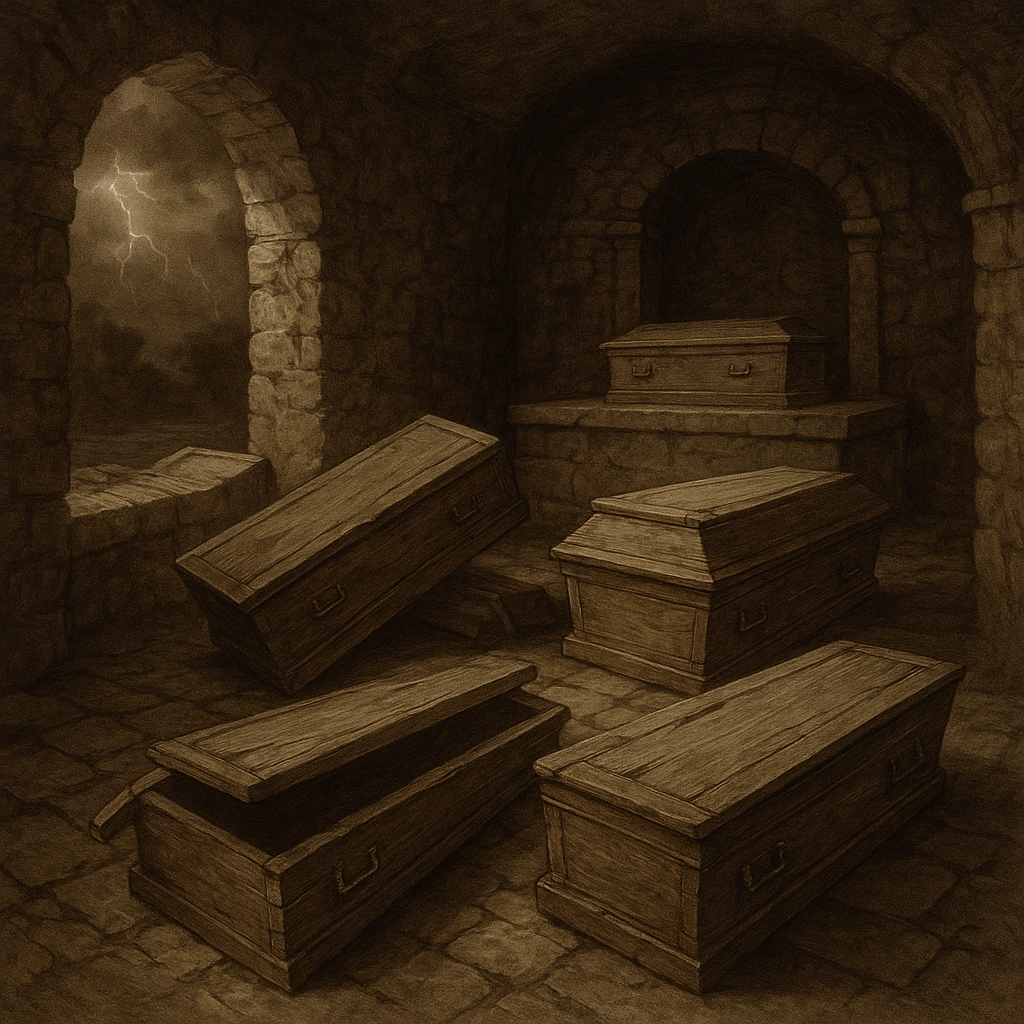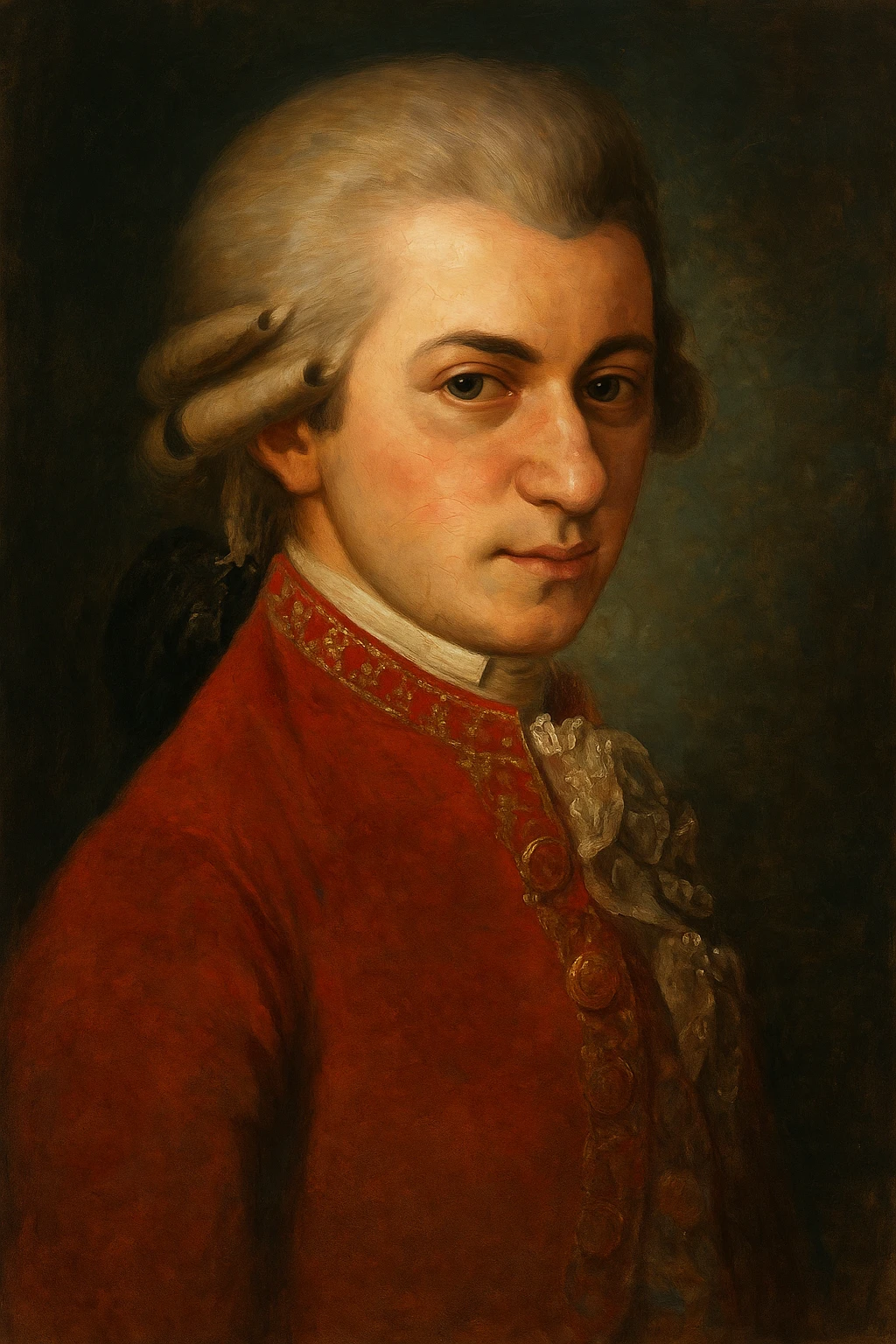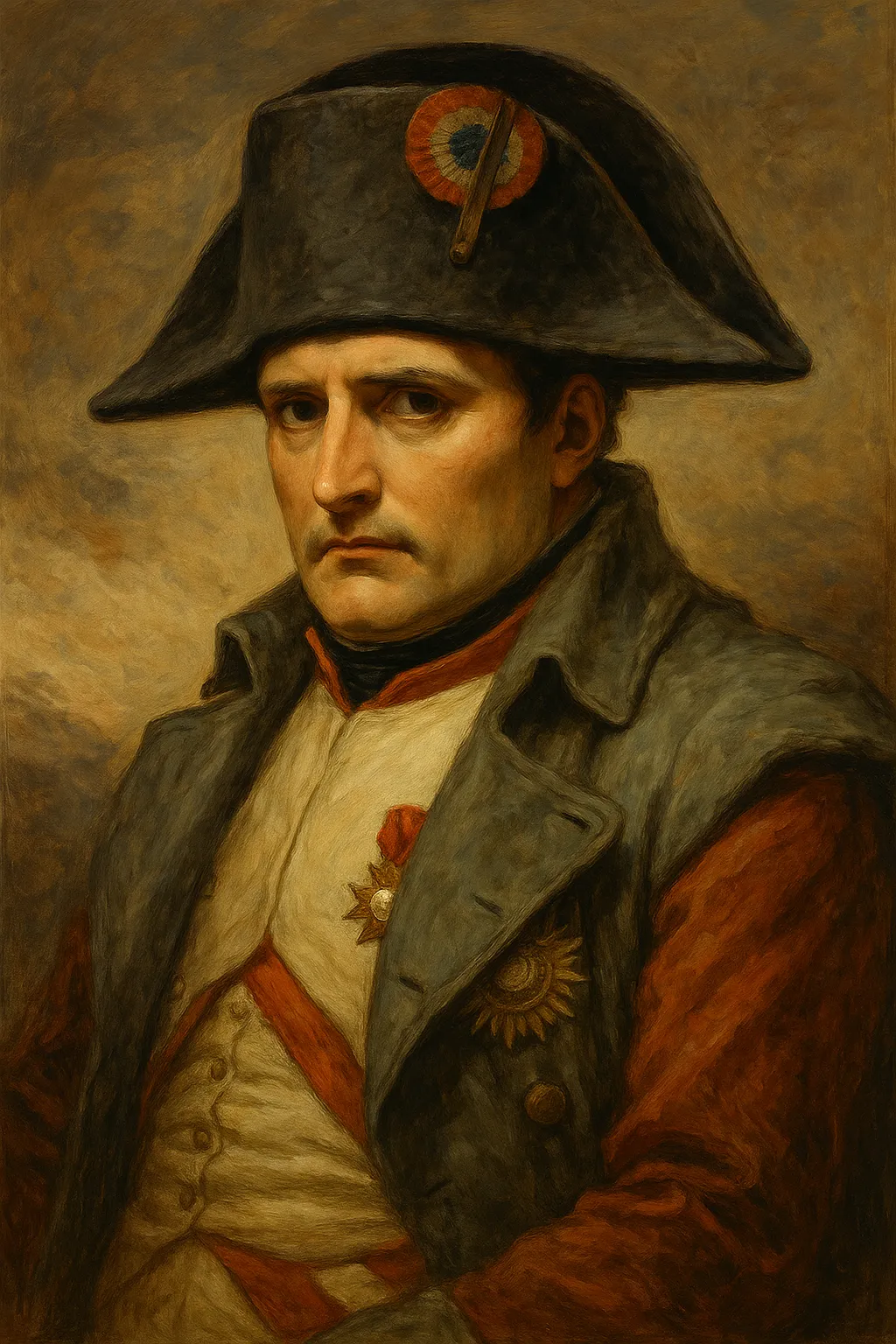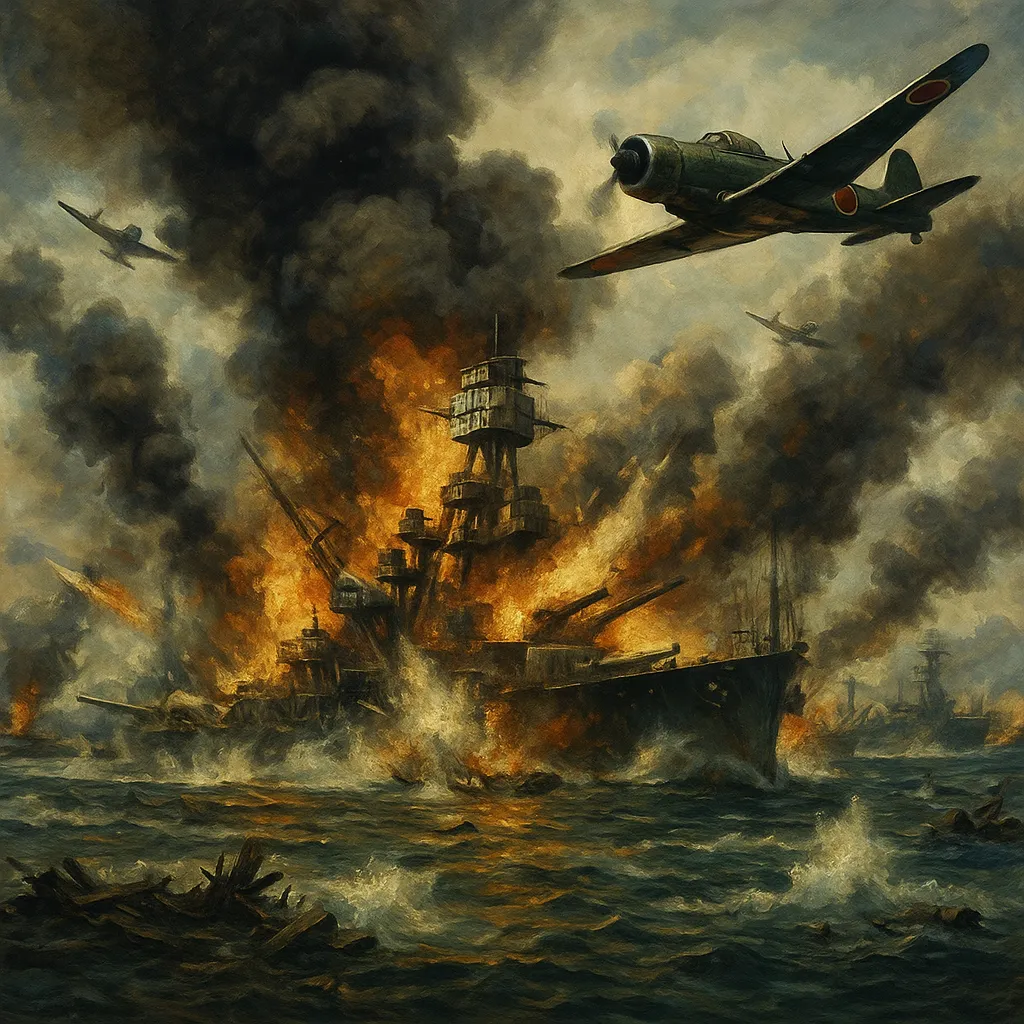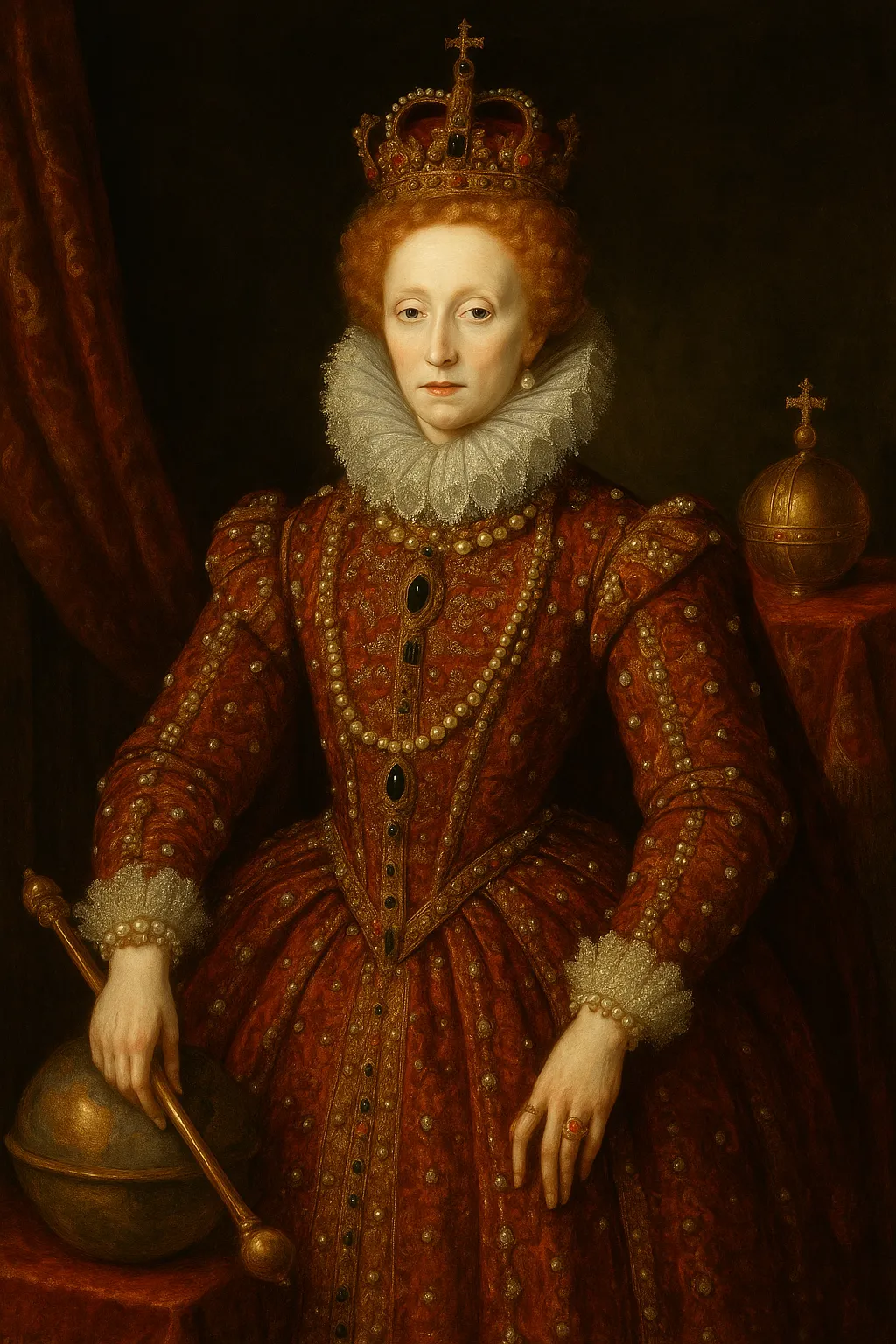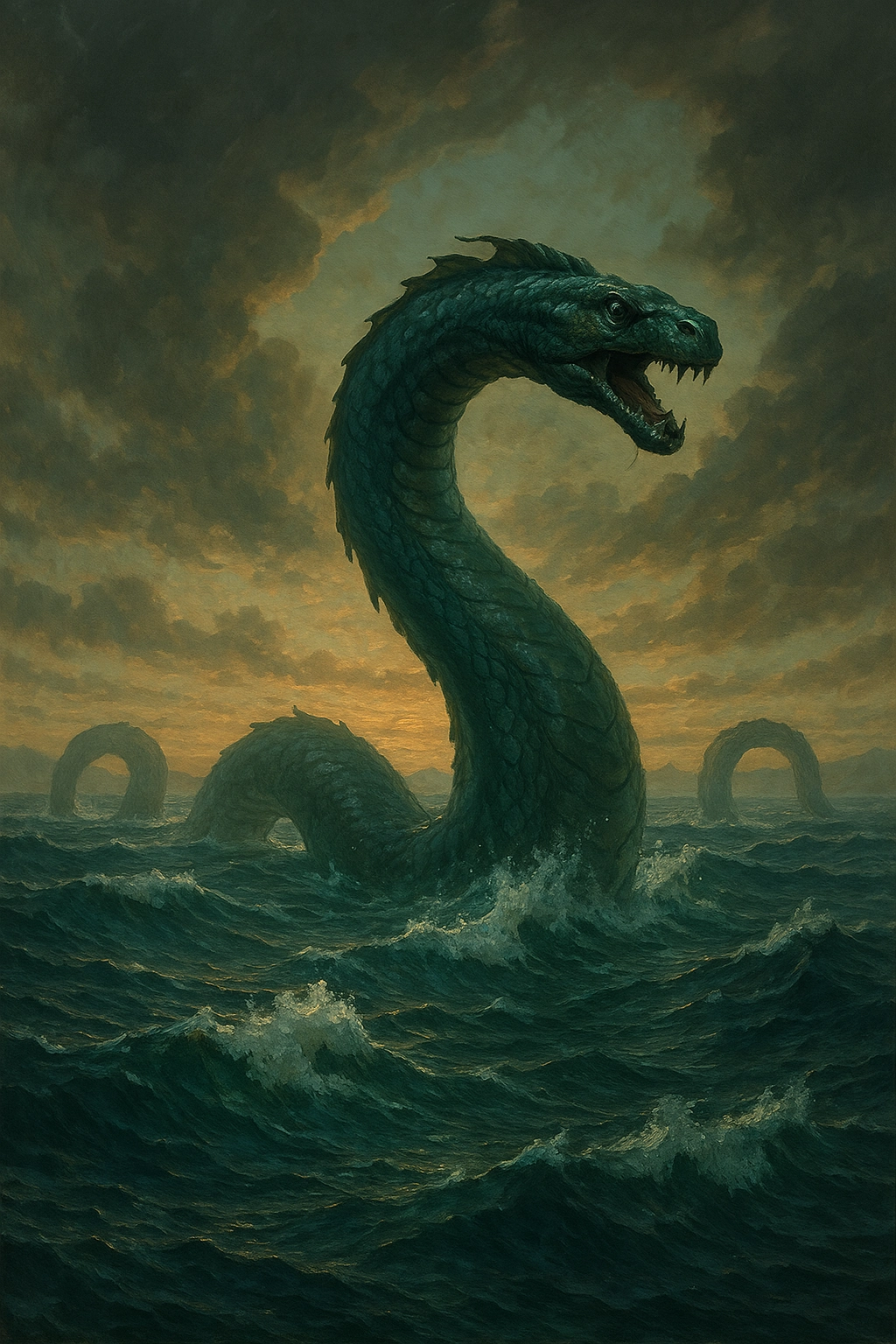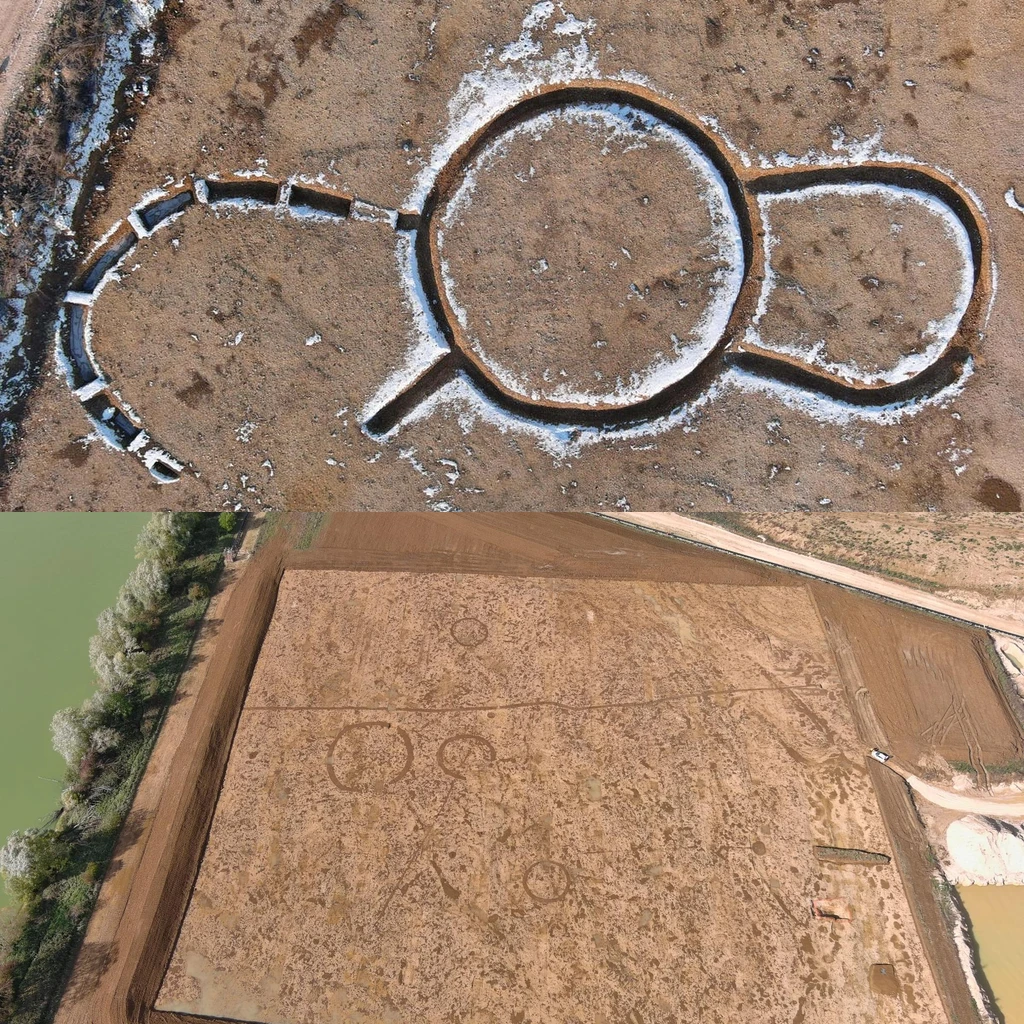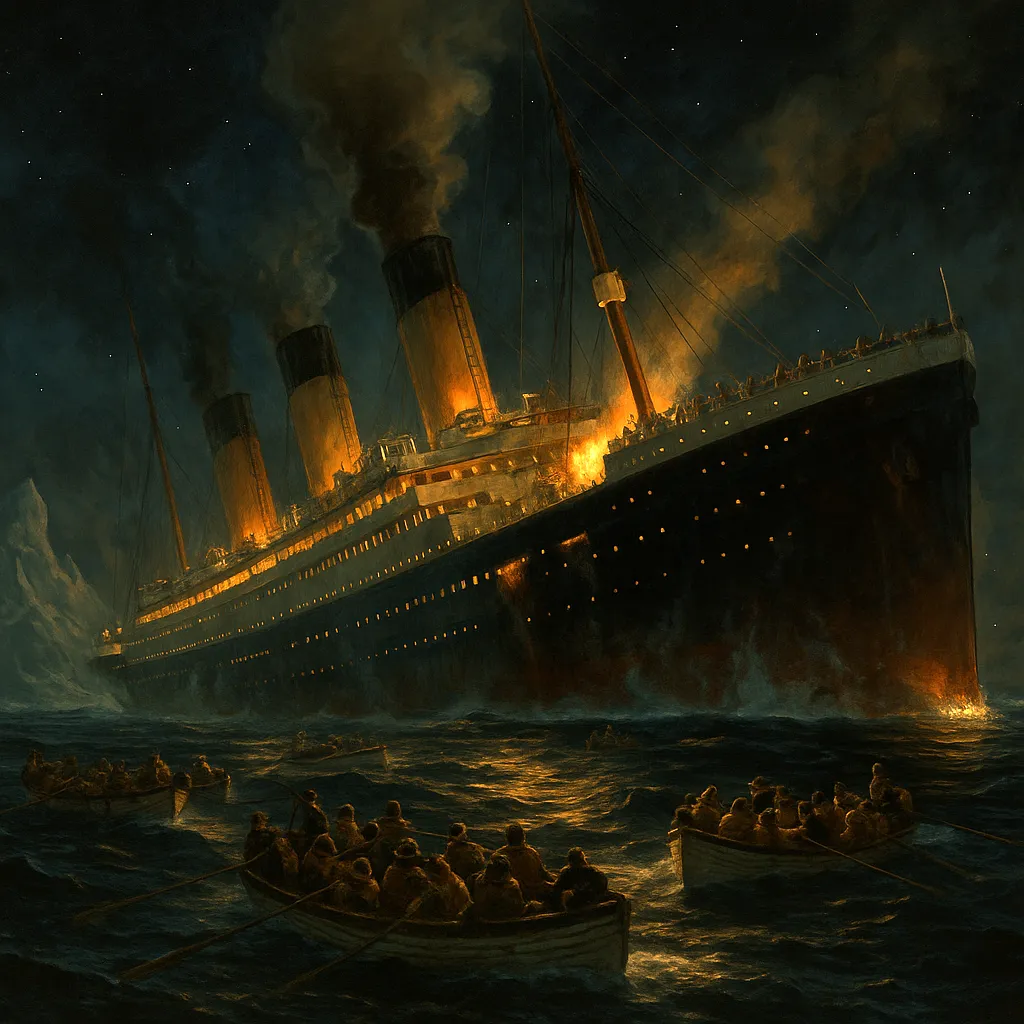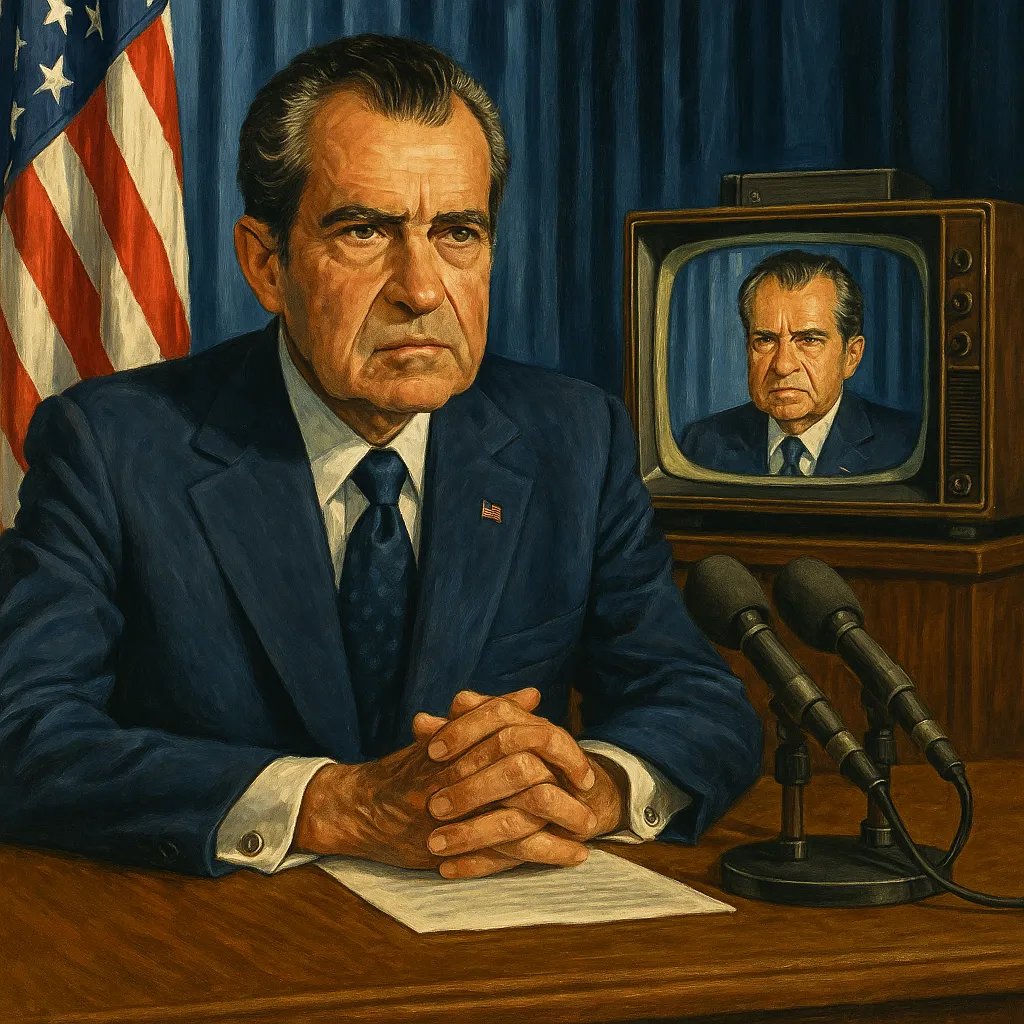Alfred Dreyfus - Embassy Spies and German Citizenship
The Scandal That Shook France
Letters, Leaks, and a Nation Divided
Background: The Man and the Times
In 1894, Captain Alfred Dreyfus, a promising Jewish artillery officer in the French General Staff, was arrested for allegedly passing military secrets to the German embassy. His trial on Devil's Island was swift and secretive, based on flimsy handwriting analysis and courtroom prejudice.
The Scandal Unfolds
Evidence of Dreyfus's innocence emerged almost immediately, but the army's high command suppressed new documents implicating another officer, Major Ferdinand Walsin Esterhazy. A cover-up ensued, dividing France into Dreyfusards and anti-Dreyfusards. The press was awash with vitriol, anti-Semitism flared, and mobs demanded further convictions.
Zola's "J'Accuse"
In 1898, author Emile Zola published his open letter "J'Accuse" on the front page of L'Aurore, directly accusing the French government and military of judicial murder and antisemitic conspiracy. Zola's bold stand led to his trial for libel but galvanized public opinion, forcing a reopening of the case.
Resolution and Legacy
After prolonged legal battles and public outcry, the French Supreme Court annulled Dreyfus's conviction in 1906. He was reinstated into the army and decorated for his service in World War I. The Dreyfus Affair left an enduring legacy: a testament to the dangers of prejudice, the power of the press, and the need for judicial transparency.
- Dreyfus convicted of treason.
- Esterhazy identified as the real culprit.
- Zola publishes "J'Accuse" and is tried for libel.
- Supreme Court overturns verdict; Dreyfus exonerated.
On the Trail of the Real Culprit
In the summer of 1895, several months after Dreyfus had been shipped off to Devil's Island, Lieutenant Colonel Marie-Georges Picquart succeeded Sandherr as chief of counterintelligence. Since the military realized how weak the case against Dreyfus had been, Picquart was instructed to intercept and read all mail to and from the prisoner and, incidentally, continue to monitor the wastepaper smuggled out of the German embassy by the cleaning woman. In March 1896 he received from her torn fragments of a petit bleu, a special delivery letter on thin blue paper for local use in Paris. The letter, apparently torn up and tossed in a wastebasket without being sent, was addressed to Major Marie-Charles-Ferdinand Walsin-Esterhazy and asked for "a more detailed explanation than you gave me the other day on the question in suspense."
Esterhazy was the son of a French general of an illegitimate branch of the immensely wealthy Hungarian Esterhazys. Although married to a woman of independent means, Esterhazy never seemed to have enough money to support his life of debauchery in Paris. Sensing that he was on the trail of another spy, Picquart had Esterhazy shadowed; twice he was seen visiting the German embassy. Assuming Esterhazy didn't need information on how to apply for German citizenship by descent, it seems odd he would make multiple visits to the German embassy. In August the chief of counterintelligence obtained two of Esterhazy's letters. The handwriting was identical to that of the bordereau, the sole piece of evidence in the conviction of Captain Dreyfus.
When Picquart sought to prove that Esterhazy rather than Dreyfus was the traitor, a superior officer advised him not to reopen the case. "What difference does it make to you if that Jew remains on Devil's Island?" he was asked. "I will not carry this secret to my grave," replied Picquart. Learning that his chief could prove Dreyfus innocent, Major Henry set about forging new evidence to incriminate the prisoner.


